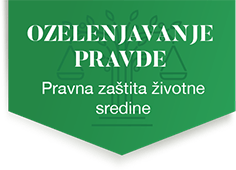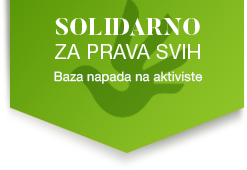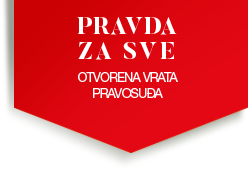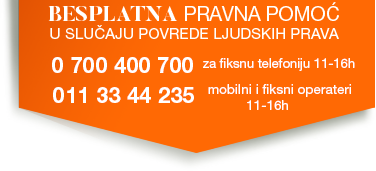Civil society organisations in Kosovo and Serbia reiterated their commitment to actively working towards the normalisation of relations throughout the entire region. They call for the building of ties in accordance with the terms and spirit of Article 6 of the recent roadmap on normalisation, through which the parties have agreed to deepen cooperation in a variety of areas.
The violent event of 24th September has had a profound effect on relations within and between Kosovo and Serbia, at a time when they had already been spiralling downwards.
Divisive narratives – emanating from within politics, the media, and elsewhere – are fuelling tensions, especially between the very communities that endure the burden of conflict.
Feelings of insecurity pervade communities in very distinct and profound ways. All are contending with the consequences as opposed to the causes of the crisis. Memories of the past are being recalled through the realities of the present.
The costs of the crisis are more manifest than ever. Many are reported to have left already – or are planning to leave – not just from north Kosovo, but from across the region.
In such a context, it is more important than ever that we endeavour to understand how different communities are experiencing the rapidly changing context in their daily lives. This is both to mitigate the negative impacts and to salvage the positives that persist, whilst restoring trust and building confidence.
No development is possible when people feel insecure or uncertain about the future; when there are doubts and hesitations about what will happen tomorrow. We need to build firm foundations on which a prosperous future can be constructed. Whilst there will be doubts and hesitations about the futility of such a course, we firmly believe that there are few alternatives.
In such moments, we feel it is imperative to reiterate our commitment to peace and to building a better future. We are dedicated to making Kosovo and Serbia the best possible places to live, especially for future generations.
Armed resolution of conflicts must not be an alternative to dialogue, no matter how long it might take. We must listen to one another and develop joint initiatives to transform our society.
It is vital that people stand together to confront conflict-generating narratives whilst opening – and themselves remaining open to – new channels of communication and new sources of information. Regardless of the challenges and setbacks, we remain committed to this course.
We are civil society actors committed to actively working to normalise relations throughout the entire region. We call on authorities at all levels to support steps to build ties and cooperation within and between the people of Kosovo and Serbia, in accordance with the terms and spirit of the recent roadmap on normalisation – especially Article 6, through which the parties have agreed to deepen future cooperation in a variety of areas. We condemn all conflict-generating language, especially when it is targeted at those dedicated to building stronger ties between Serbia and Kosovo.
We undertake to do whatever is possible to restore trust – in each other, in our own institutions, and in our international partners. We are committed to creating a better environment, a broader space, in which inter-communal relations can be enhanced for the benefit of all people in Serbia and Kosovo.
Signatories
- Aktiv
- Centre for Peace and Tolerance
- Community Building Mitrovica
- Foundation BFPE for a Responsible Society (BFPE)
- Foundation Heartefact Fund, Belgrade
- Gorazdevac Media Group
- Institute for Public Research – IJI, Gracanica
- Kosovo Law Institute
- Lawyers’ Committee for Human Rights (YUCOM)
- Local Peace
- Livrit Creative Center
- New Perspektiva, Kosovo
- New Social Initiative (NSI), North Mitrovica
- Peer Educators Network – Pristina
- Rahim Salihi, Civil Society Activist, Bujanovac
- Vjollca Krasniqi, University of Prishtina
- Voice of Roma, Ashkali and Egyptians in Kosovo
- Youth Initiative for Human Rights in Kosovo
- Youth Initiative for Human Rights in Serbia





